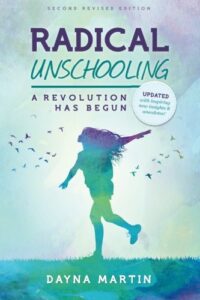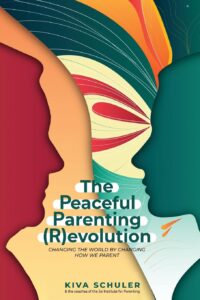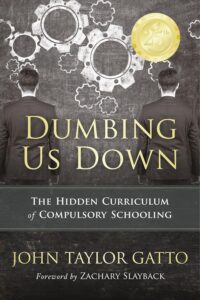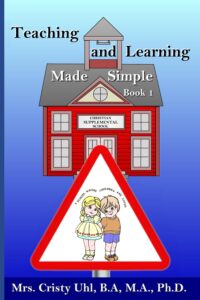The Next Level in Homeschooling: Radical Unschooling at Home
In today’s world, many parents are questioning whether the traditional public school system truly serves the best interests of our children and families. With concerns about overcrowded classrooms, standardized testing, and a one-size-fits-all approach to education, more parents are taking matters into their own hands and exploring alternative ways of teaching and learning.
One such alternative gaining traction is homeschooling. Parents who choose homeschooling take full responsibility for their child’s education, providing personalized learning experiences tailored to their child’s interests and needs. This individualized approach has led to significant strides in protecting the imaginations and minds of children, who may otherwise be stifled in large, impersonal classroom settings.
However, homeschooling is just the beginning of a larger movement towards alternative education. Enter radical unschooling—a philosophy that challenges the very notion of traditional schooling. This trend is not just about teaching at the kitchen table—it’s a whole new approach to learning that celebrates a child’s natural curiosity and creativity. But what exactly is radical unschooling, and how does it differ from homeschooling?
Radical unschooling goes beyond academics to encompass all aspects of a child’s life. It rejects the idea of curriculum-based learning and standardized testing, instead placing trust in a child’s innate curiosity and ability to learn through real-life experiences. In a radical unschooling household, children are free to explore their passions and interests without the constraints of a formal education system.
But can any parent take on the task of radical unschooling? The answer is yes, but it requires courage, conscious parenting, love, and nurturing. Radical unschooling isn’t just about teaching—it’s about creating an environment where learning is woven into everyday life. It requires parents to let go of preconceived notions about education and embrace a philosophy centered on trust, respect, and autonomy.
So, what tools might be necessary to embark on the journey of radical unschooling? While traditional teaching materials may not be needed, parents can equip themselves with resources that support child-led learning, such as books, educational games, and hands-on activities. Most importantly, parents must be willing to listen to their children, follow their lead, and foster a deep love of learning that transcends the confines of a classroom. You can obtain valuable perspective and learn about this radical approach to teaching and learning from trendsetters like Dayna Martin, Kiva Schuler, John Taylor Gatto, and Cristy Uhl.
One influential advocate for this alternative approach is Dayna Martin, author of “Radical Unschooling: A Revolution Has Begun.” She promotes a philosophy called radical unschooling, where kids are free from following strict lesson plans and tests. Instead, they’re encouraged to explore their interests and passions, guided by their parents who act as facilitators rather than instructors.
Kiva Schuler, author of “The Peaceful Parenting (R)evolution,” also encourages a different way of parenting and teaching. She believes in honesty, vulnerability, and leadership, creating a trusting and respectful relationship between parents and children. By examining our own behaviors and values, Schuler argues, we can raise children with integrity and confidence.
Another voice in this movement is John Taylor Gatto, author of “Dumbing Us Down: The Hidden Curriculum of Compulsory Schooling.” Gatto criticizes the traditional school system for stifling creativity and curiosity, turning children into obedient followers rather than independent thinkers. He advocates for families to reclaim education and learning, nurturing the natural genius within each child.
Mrs. Cristy Uhl, Ph.D., author of “Teaching and Learning Made Simple,” offers a unique perspective on alternative learning. She believes that every child has a “genius factor” waiting to be unlocked through natural curiosity and exploration. Uhl’s approach focuses on joyous discovery rather than rote memorization, allowing children to learn subjects like reading, writing, and math in a way that feels magical and exciting.
Together, these authors and advocates are reshaping the way we think about education and parenting. By embracing alternative teaching styles and celebrating a child’s innate genius, families are creating loving and sacred spaces where learning flourishes. It’s not just about homeschooling—it’s about nurturing a lifelong love of learning and empowering children to become the leaders of tomorrow.
In conclusion, the time for radical unschooling has indeed come. By challenging the status quo and embracing alternative approaches to education, parents have the opportunity to empower their children to become independent thinkers, problem solvers, and lifelong learners. With courage, conscious parenting, and unwavering love, we can pave the way for a brighter future where every child has the freedom to learn and grow in ways that honor their individuality and potential.




